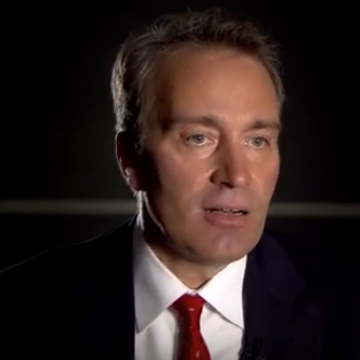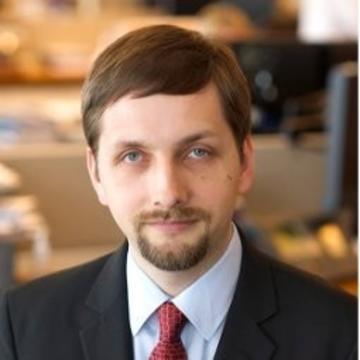How cryptocurrency and blockchain technology impact democracy
Yiorgos Allayannis, Cara LaPointe, Jakub Duda, Chris Lu (moderator)
6:15PM - 7:30PM (EDT)
Event Details
The term cryptocurrency now regularly appears in daily headlines, yet many people have only a basic understanding of the technology behind it and what its broader applications may be. The decentralized nature of the currency has both advantages and disadvantages for society. This event will explore the rise of cryptocurrencies and the potential implications for the U.S. and global economies: breaking down the technical aspects; anticipating the effects for domestic and international policymaking, regulation, and the financial system; and envisioning the potential implications for American democracy more broadly.
When
6:15PM - 7:30PM (EDT)
Where
2201 Old Ivy Rd
Charlottesville, VA 22903
Speakers

Yiorgos Allayannis

Cara LaPointe

Jakub Duda

Chris Lu (moderator)